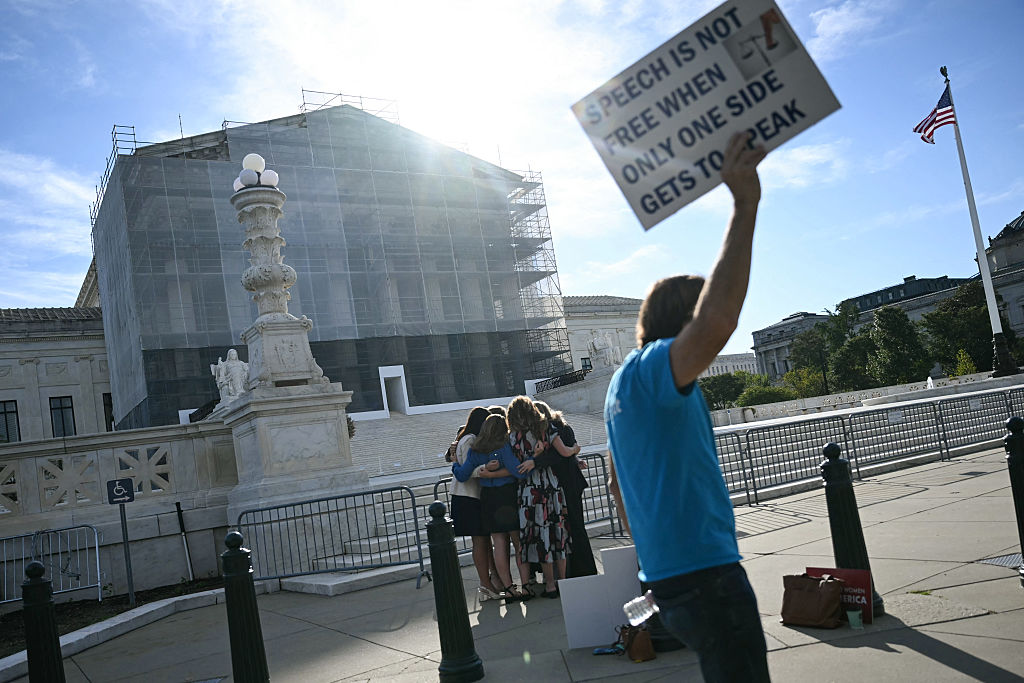Another week, another step along the road to Britain’s transformation into a kritarchy – rule by judges. Last week, the Court of Session in Edinburgh and the High Court in London both ruled that Boris Johnson’s decision to prorogue Parliament for five weeks had been lawful.
But if you thought it was all over you haven’t read Bleak House. Just as Dickens’s fictional family, the Jarndyces, were torn apart by an endless legal dispute, Joanna Cherry and her lawyers are going to take this to the wire. It turns out that the Court of Session has an Inner House, to which you can appeal if you don’t like its first decision. This morning, three judges reversed last week’s decision and decided that it was, after all, illegal.
It will now, together with the High Court case in London, ultimately end up in the Supreme Court. Why can’t we just start legal cases in the Supreme Court? It is reminiscent of the Scottish Cup Final in the old days, before Rangers exploded financially – you were left wondering what was the point of all those preliminary rounds of soccer when the competition could have been reduced to a single game between Rangers and Celtic.
Except, of course, the Supreme Court isn’t actually supreme at all – there is always the European Court of Human Rights if you don’t like its judgements. Oh, and did I mention the parallel case in the High Court in Belfast – a third offensive in the legal onslaught which the Remain lobby is hoping might finally help frustrate Brexit?
There are certain people – who might loosely be grouped together under the term ‘lawyers’ – who will find this a satisfactory way to resolve the political affairs of the nation. They hold that governments must obey the law (which of course they should), and that this principle must be applied to its natural conclusion, the matter in hand being taken to ever-higher courts, even if judges themselves cannot actually agree what the law is.
The rest of us – whether we voted Remain or Leave – might just step back for a moment and ask what is really going on here. The government held a plebiscite in which the people voted by a small margin – but a margin nonetheless – to leave the European Union. The process of enacting that decision is now under attack, not just through Parliament but through the courts.
Besides the prorogation case and Gina Miller’s Article 50 case (which was won) we have also had a case brought against Boris for supposedly lying during the Brexit referendum campaign (which was lost). There are even bizarre arguments being made that Brexit can be challenged because it in some way breaches Britons’ human rights. Many will presumably be hopeless, but it is the accumulation of these speculative cases which matters.
Gina Miller and her type claim to be acting on behalf of democracy, but they are doing the opposite – they are eroding it. We are evolving a system of government in which it is money and judicial opinion which ultimately matters.
This article was originally published on The Spectator‘s UK website.

























